Source: Behance.net
In a world governed by mobile technology, there is a seemingly endless offering of education and organizational apps, each claiming to be the best in its particular niche (study, time management, etc.). Superlatives, aside, you don’t need to know which one is “best.” You need to know which will help you accomplish your overall learning and study objectives.
In today’s hectic technological environment where new things are popping up every day, it is often quite hard to get a clear picture of how things will perform. This concept not only applies to the devices we use to access information but also where we are getting this information from. With that in mind in this article, we will explore what apps and learning tools actually come in handy to students nowadays. The links below will give you an idea of some of the reading material that will be used throughout the main body. Overall the article will explain that there is a multitude of tools and apps out there available for students out there but only a handful of them are actually useful. This statement will obviously be backed up by comparisons and specific real-life examples, thus giving the audience a clear sense of what works and what doesn’t.
Our goal today is to provide you with a useful list of apps that don’t just make vague claims or promises but have been proven effective in real-world learning environments. We hope that the information and testimonials we present will give you a clear idea of whether or not a specific app will meet your individual education needs.
Most study apps offer vital features like quizzes and flashcards. Some even provide access to a larger online community that shares study material on comparable subjects. The more comprehensive the app and the more free features it offers, the better. Here are several examples of study apps that provide an ample offering of benefits at no or low cost.
#1 – Xmind
Source: Xmind.net
Xmind is consistently rated among the Internet’s best mind-mapping tools, and for a good reason. There are numerous alternatives, but none come close to its functionality. Xmind helps the user develop complex ideas from a series of smaller related thoughts. It helps students develop a linear learning process that progresses from raw notes to clear, concise lists, charts, and presentations.
Source: Xmind.net
The mind map structure used by XMind is built off a central root with a series of branches that radiate from it. The result is much more than just a basic mind map. Below you cans find an example how easily organize information into charts that can be used in academic essay writing and many other capacities including study aids, outlines for papers, etc. A single mind map can be used to generate multiple charts for specific applications.
Example: Mind Map with Structure of an Academic Essay
#2 – Evernote
Source: Ifttt.com
Without a doubt, every list of apps that centres on college life should include Evernote, and that’s true for several reasons. Just the note-taking capability alone is enough to give it an honourable mention, but the host of other free features are what gives it the real prize. Unlike native iOS or Android apps that only take basic notes, Evernote enhances your note-taking with valuable supporting content that streamlines the learning process.
You can add checklists, audio, and a host of other links and attachments so you can reference resources like last week’s power point in the context of your class notes. These kinds of help will assist you in developing real “muscle memory” by making useful associations between your records and the supporting content. The free version allows you to sync notes between two devices, but for just $34.99 per year, all your devices can be synchronized.
If we went much further into all of the great features of Evernote, we would have to start a separate blog to describe them all. Instead, we’ll let the folks at PC Magazine give you a comprehensive guided tour. There are loads of wannabe apps out there that try to mimic it, but none come close to Evernote’s functionality, versatility, or the number of satisfied users around the world.
#3: Quizlet
Source: Quizlet.com
There are countless real-world examples of the effectiveness of flashcards as a study aid, but why settle for just a flashcard app when there’s Quizlet? Quizlet flashcards and study sets provide personalized, structured study tools that meet individual students’ needs. In short, Quizlet is to flashcards what Evernote is to note-taking apps regarding versatility and user satisfaction. According to the company website, more than 271 million study sets have been generated by Quizlet users to date – by both students and teachers.
If you haven’t encountered Quizlet in any of your classes yet, it’s just a matter of time. More teachers and professors are discovering the benefits of Quizlet’s versatile and straightforward UI.
Students love it because it allows them to gauge their progress toward specific learning objectives. Graded quizzes, for example, pinpoint particular strengths and weaknesses that can then be addressed in further study sets.
Some of the key features of Quizlet include:
- Huge online library of user-generated cards
- Automated study set creation for multiple subject areas covering all education levels
- Content creation & management tools
- Multiple study & game modes for individualized learning
- Organization and management tools for teachers and students
- Progress and activity tracking
The free version of the app is supported by ads, while the premium service Quizlet Plus is just $15 for an entire year. Quizlet Go is another add-on that removes ads for only another $1.99 per year. If you are broke and looking for alternatives, PC Magazine comes through again. You can compare similar apps and decide or yourself if any come close to the functionality of even Quizlet’s features. More information on pricing can be found here. For $17 per year, though, we think you should splurge.
#4: Scoop.it
Scoop.it gathers work from online publications using an online magazine format, and this visual impact alone makes it very practical. First of all, it’s useful–it integrates multiple elements of standard social media tools. But it’s also very malleable–the mobile app is quite functional for iPhone and iPad.
Scoop.it’s practise makes it a time-saver; students and educators will quickly grasp its value in the content assembling.
Students use critical thinking skills to collect and analyze content, and they may identify trends from discourse. Besides, develop writing skills and intelligence in original expression, and at all they interact, communicate and publish to an overall audience. But perhaps more importantly, students proceeding digital citizenship and personal authority to lifelong studying.
Why Students Like Scoop.it:
- Autonomy and expression in a collaborative environment
- Ownership of personal studying
- Community networking
- The inclusion of visual elements
- Tap-in to an all range of social media
- Conversation through commenting
- Mobile Learning Potential
Apps For Learning and Life
Source: Behance.net
We think that the student life experience should be as well-rounded as possible, which is why we suggest and recommend paying a little closer attention to the three apps listed above. While there are many copycats out there, we think you will find that Xmind, Evernote, and Quizlet are as good as it gets in each of their niches. We also believe that learning to use all three will help make the overall college experience more accessible for you to manage.
Yes, there are free apps that mimic some of their features, but the old saying is true: you get what you pay for. Paid education apps are typically very affordable and allow you to stay more organized and focused than their democratic rivals. For the cost of about a week’s worth of premium coffee drinks, you can use all the premium features of these three apps for an entire year. We think it’s a worthy sacrifice for better grades.
Want more information about content curation? download our eBook and become an expert!




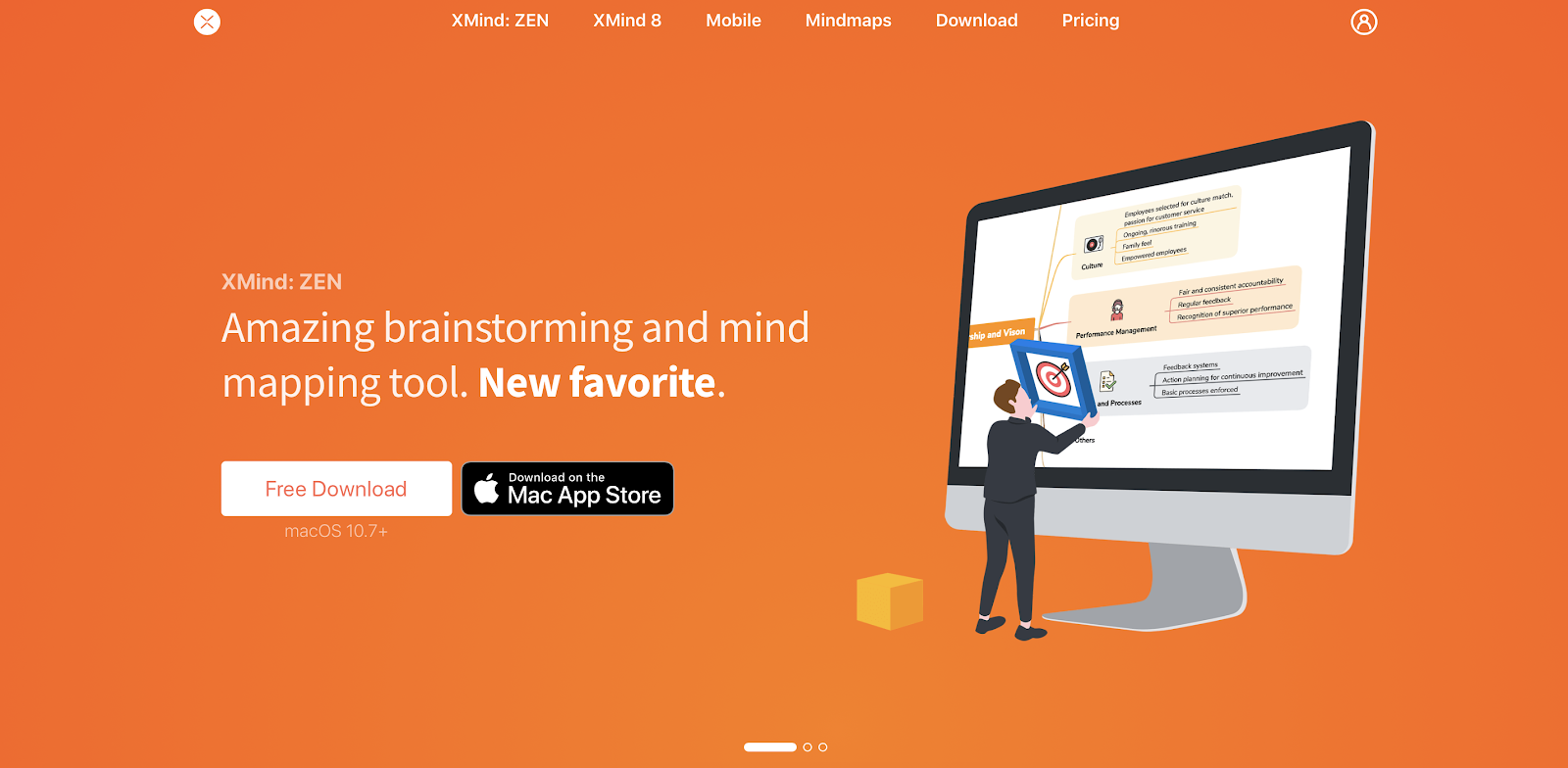
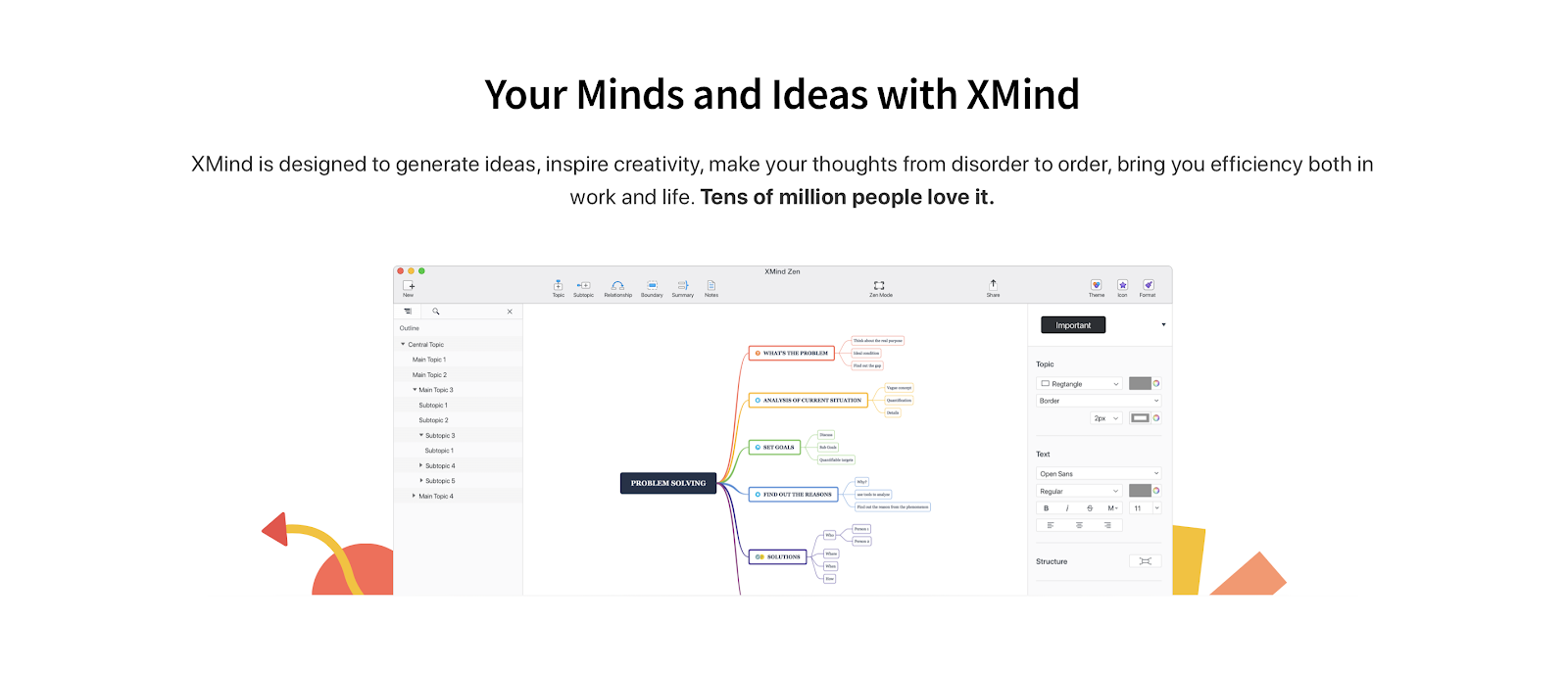
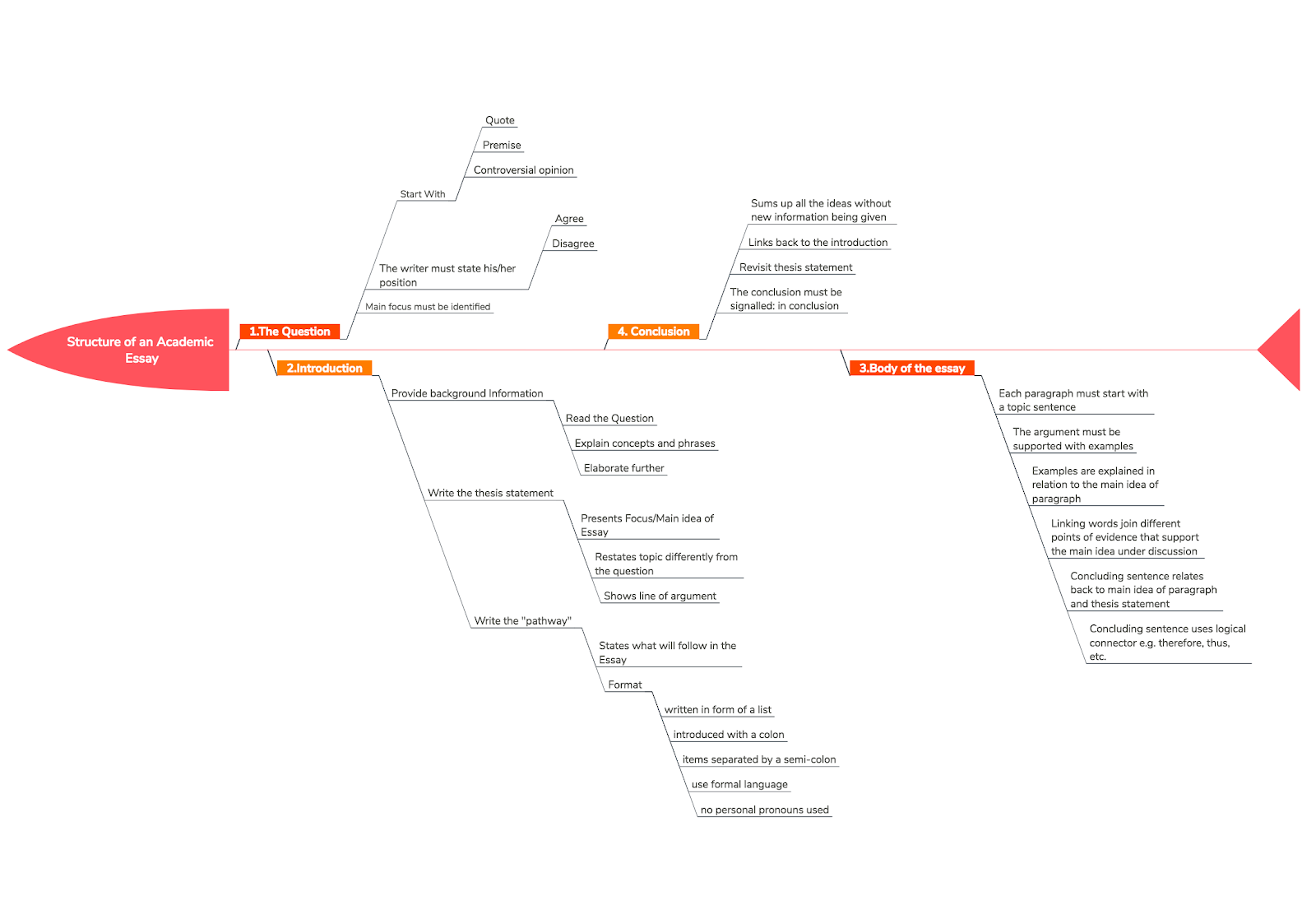
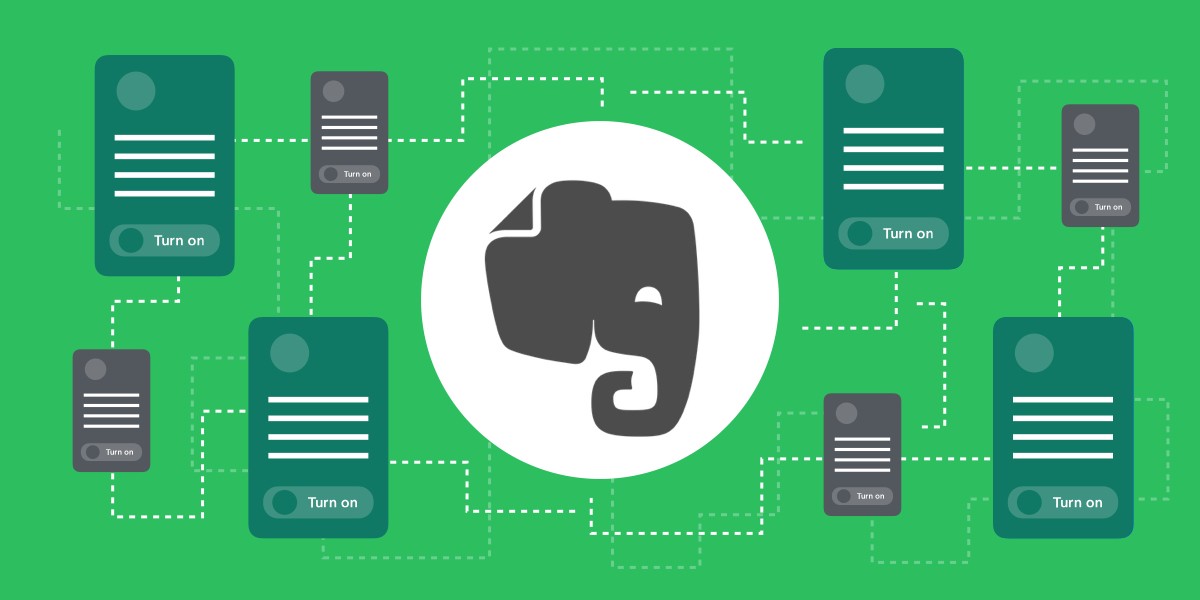


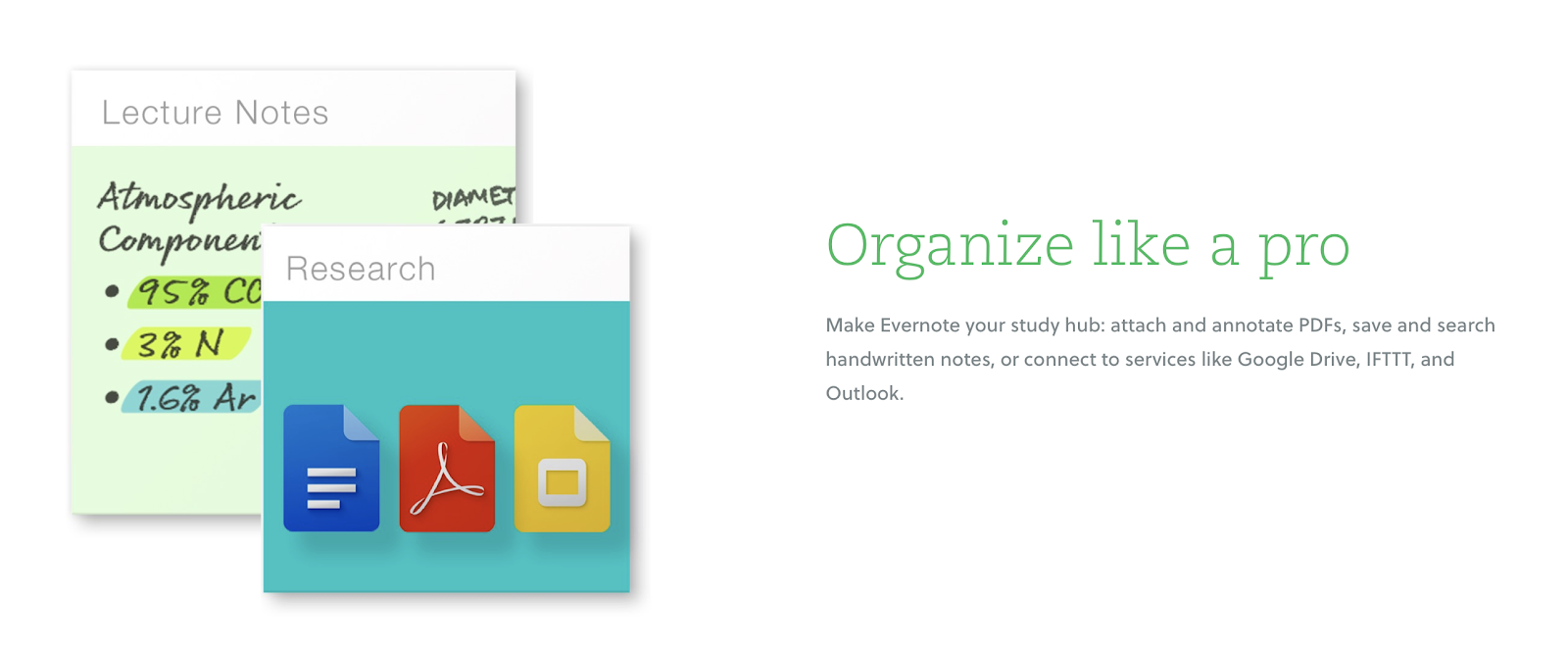
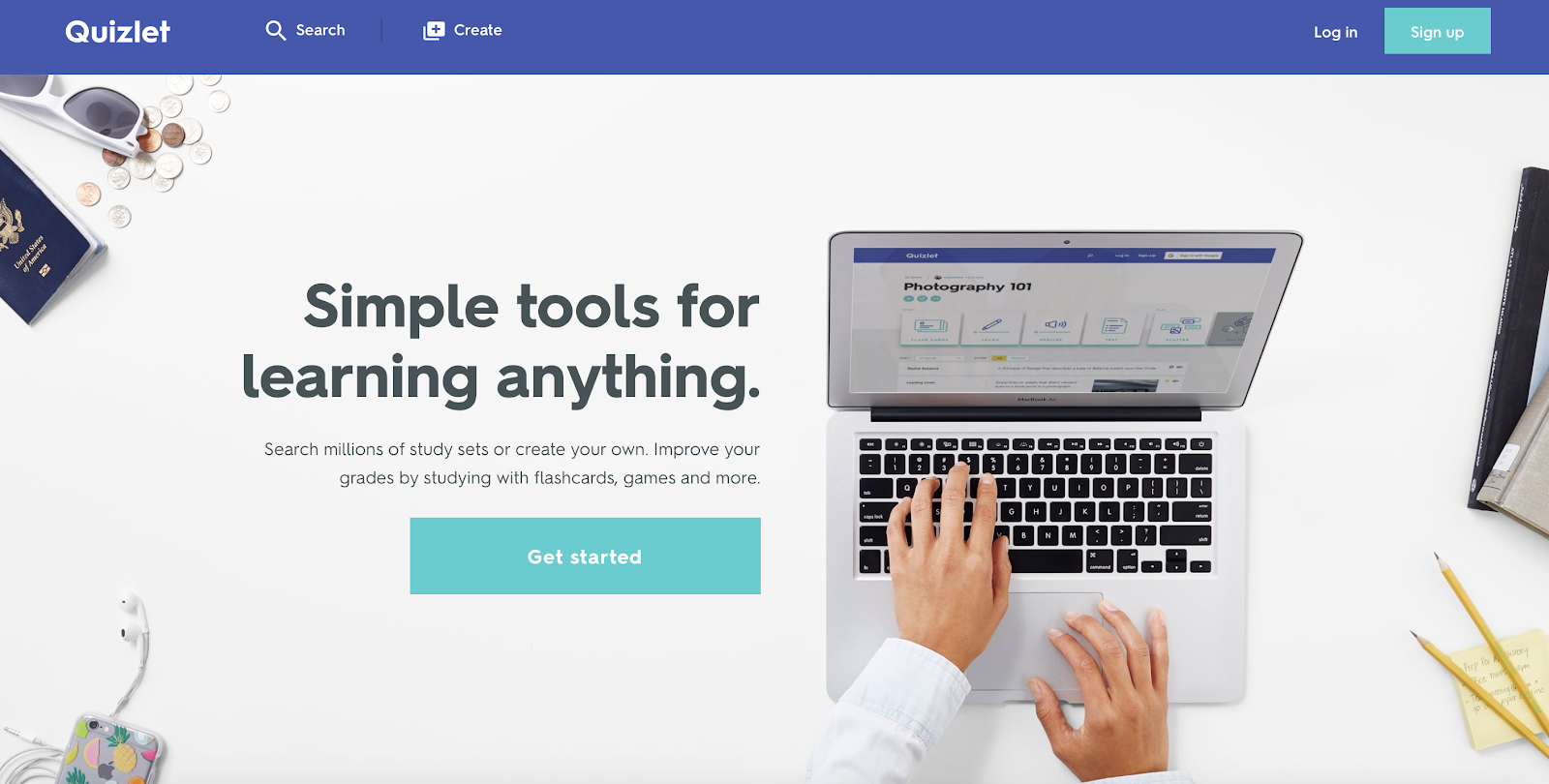

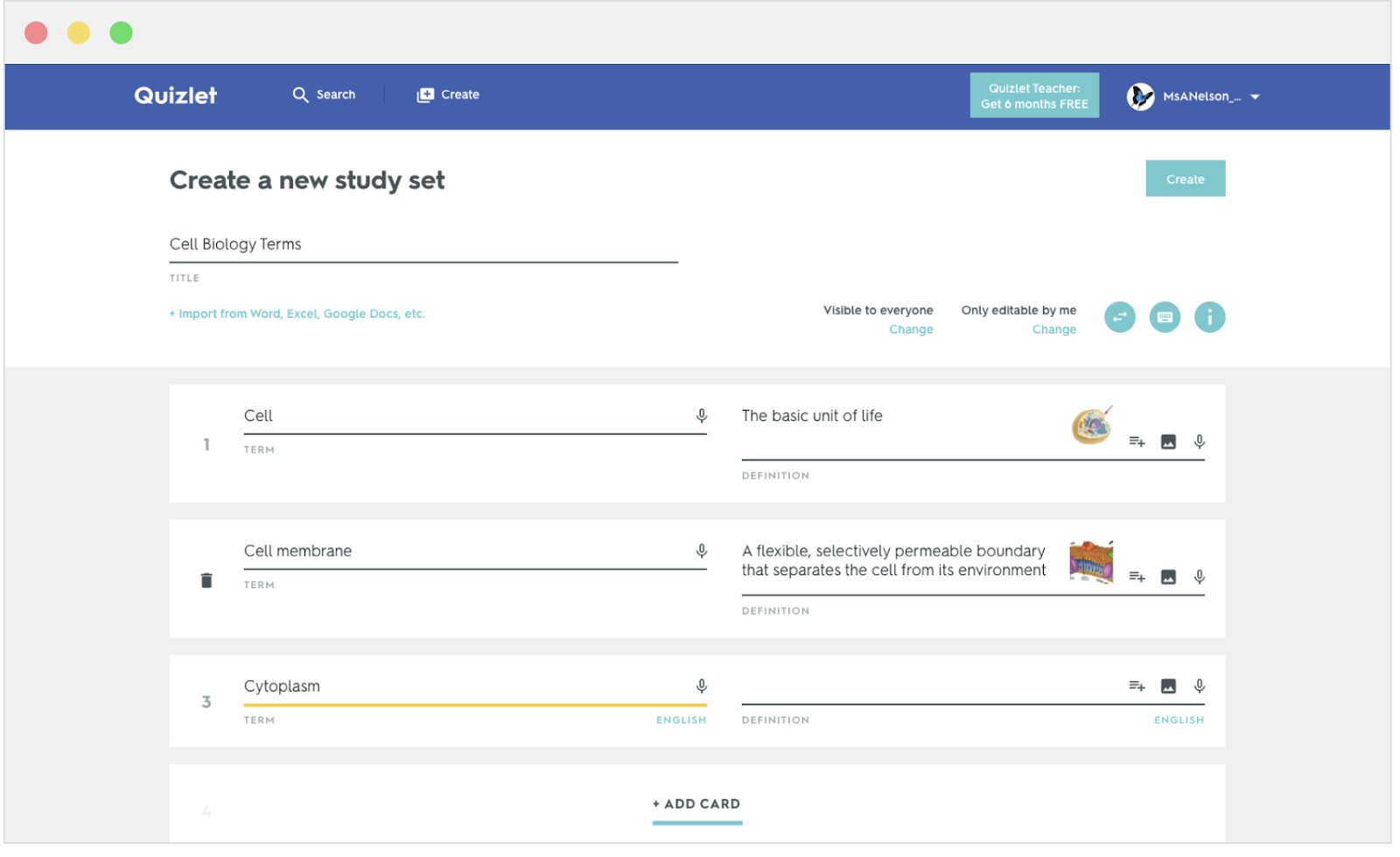

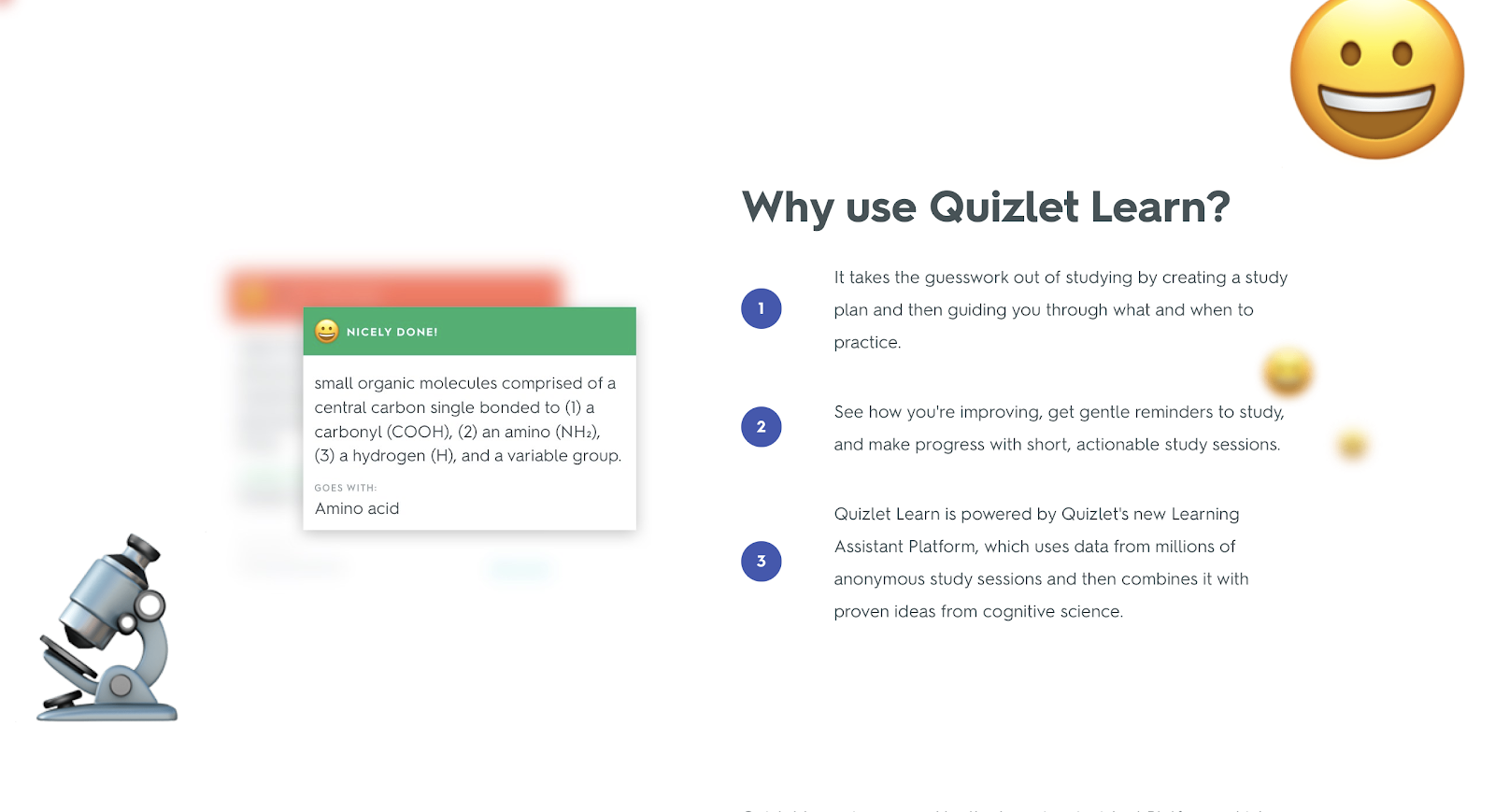
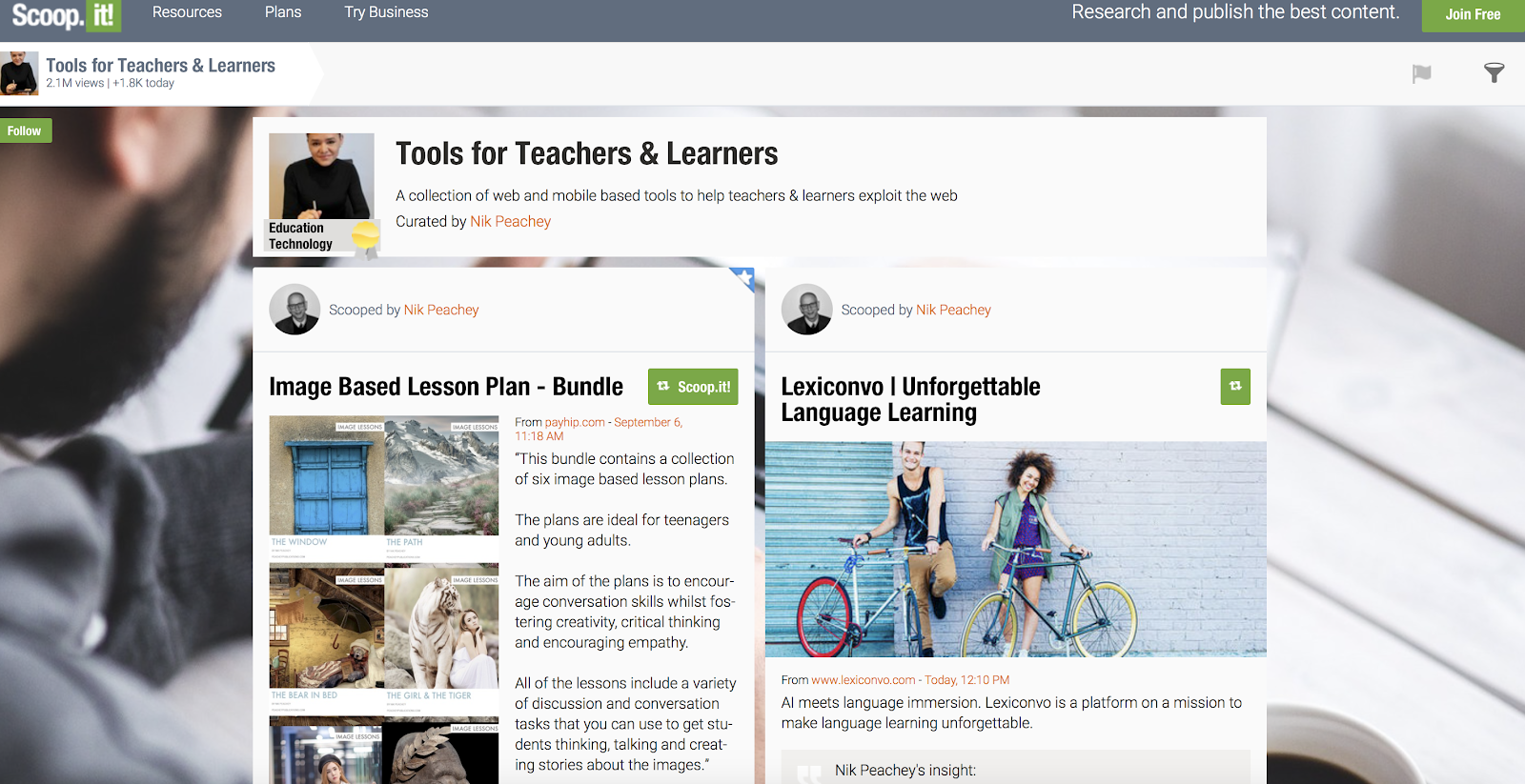
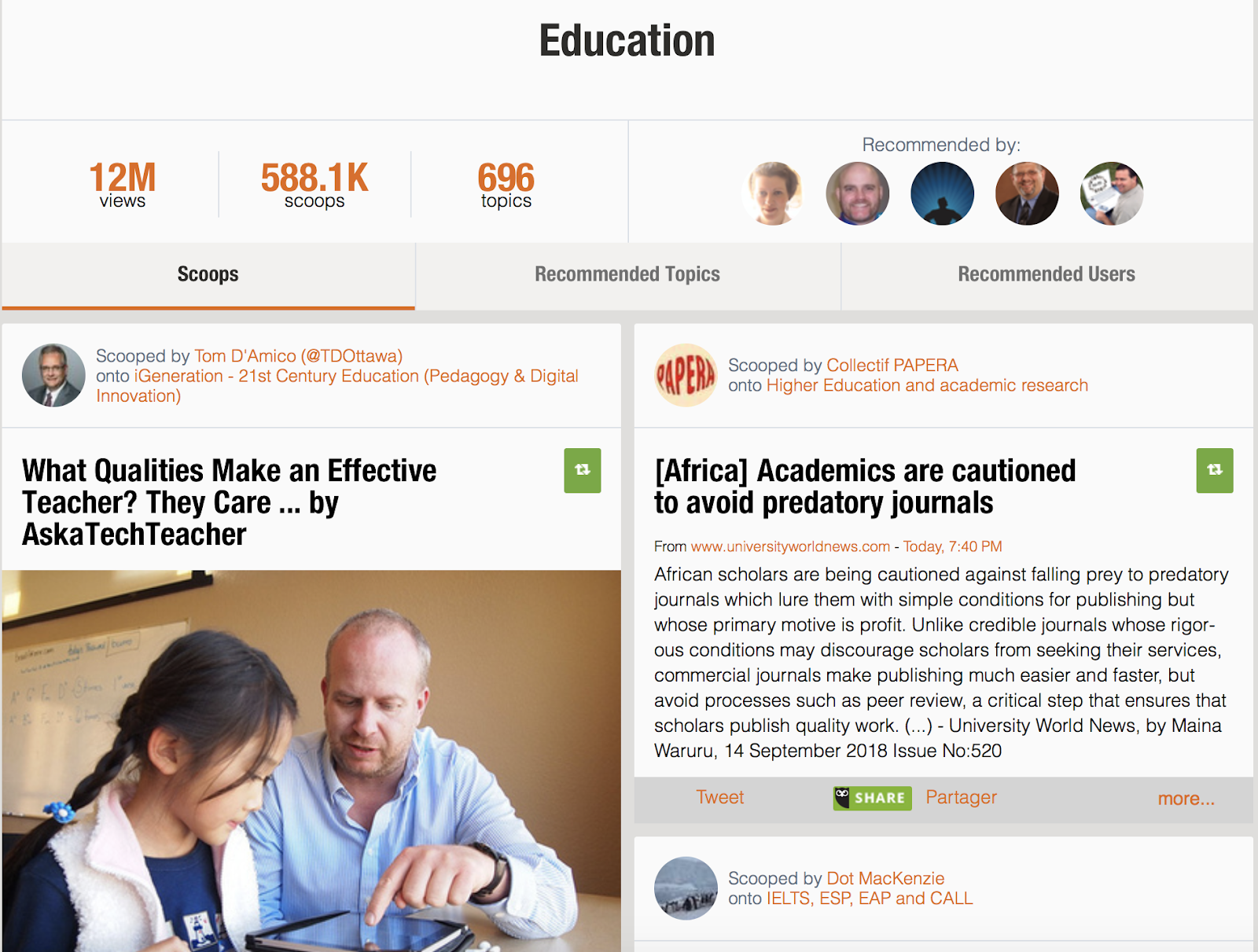
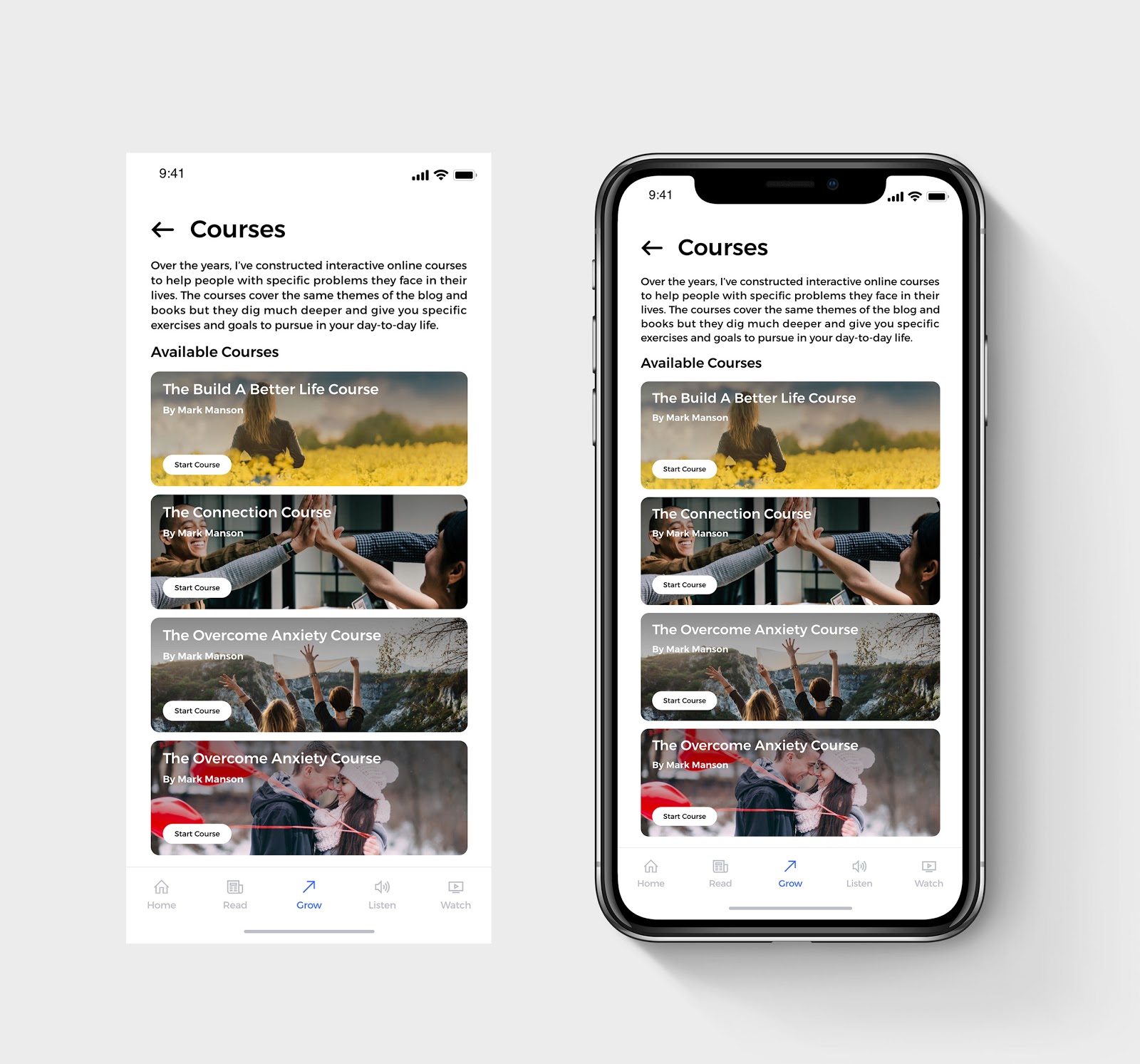



 (3 votes, average: 3.67 out of 5)
(3 votes, average: 3.67 out of 5)